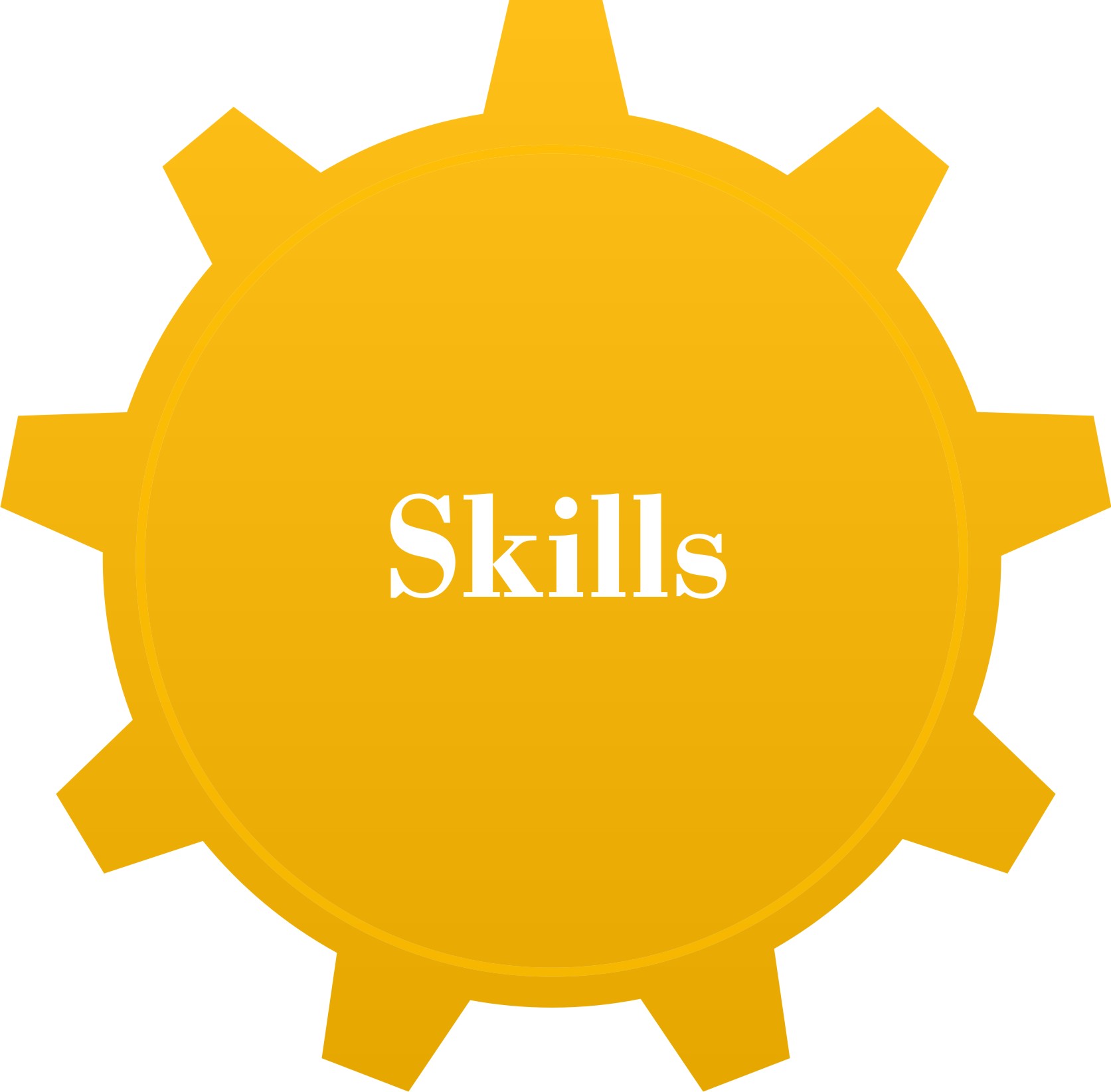Employability Enhancement Hub
Skills
“You can”

Abilities or competences, learned developed through practice. These have to be practices, because they can be forgotten with time. Skills are what you can do.
Apply discipline knowledge and concepts
Communication
The ability to interact in intellectual debate, to discuss issues with peers/supervisors, to argue a point clearly and confidently, and to write persuasively, whether an email, a report or a marketing material.
People with high communication skills express themselves in a way relevant to their intended audience and also adopt appropriate body language.
Information Literacy
Literacy
Usually literacy focuses just on being able to read and write (upper and lowercase letters, handwritten and typed text).
Negotiation and Persuasion
Planning and Research
Presentation Skills
Teamwork
The ability to work within a group of people, as a team, and with other groups as well. Shows commitment to mutually support each other and to take actions together. The capability to work efficiently with people from different background and of different expertise. Recognize impact assigned task has on work of team-mates.
Commercial Awareness
ICT Literacy
Leadership Skills
Management Skills
Numeracy
Practical Skills
Self - management
Visual Literacy
Visual literacy is the ability to comprehend and accurately interpret images and similar visual materials (symbols, abstract design, spatial and geometrical models), as well as create such images or materials. It consists of finding or creating required visuals and appraising their quality.